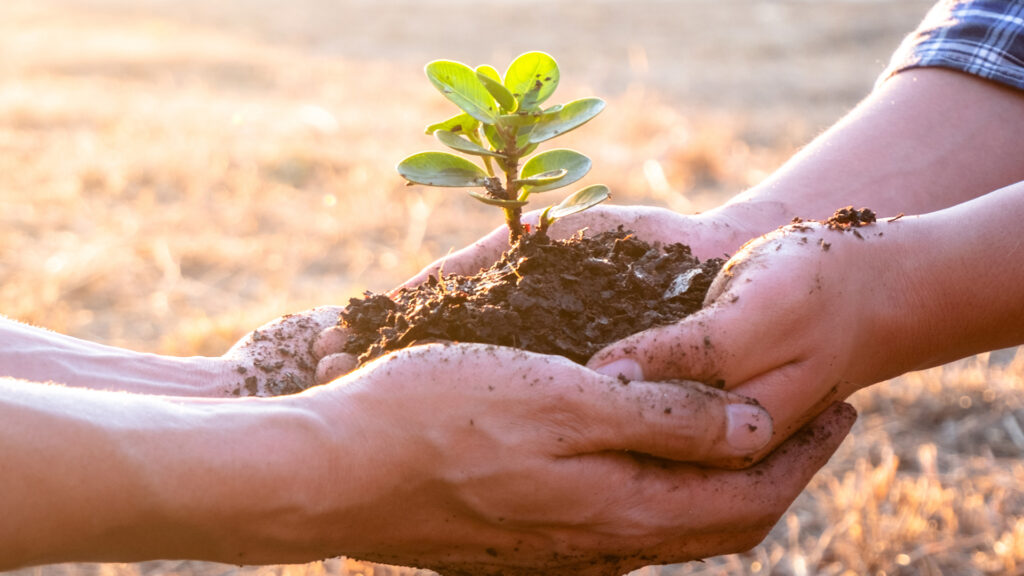Once upon a time, around 4.5 billion years ago, Earth was born. Earth has gone through many phases and stages since she was born, not unlike we do as we progress through the different stages of our lives. Earth has had periods where she was abundant with life, and periods which were more quiescent where life was more of an emergent idea, the so-called twinkle in the eye of God.
Humanity has inhabited Earth for probably over 100,000 years, a mere blink of an eye with regard to the lifespan of our ancient and beautiful Earth. Our species has also evolved over the course of our existence, and we will continue to evolve into the future too. Or at least, that is the hope.
Though many Earth species modify their environment, humans arguably make the most significant alterations. We not only build houses, buildings, roads, and dams, but we also alter the quality of air, water, and soil, thus affecting other plants and animals that depend on them for nourishment.
We have altered our environment so much that the majority of people believe we are threatening our own existence. Other species have come and gone. We will too, it’s just a question of when.
I’ve spent a significant part of the last decade considering the meaning and purpose of my life and the lives of those around me. I consider myself a callings coach, and there is no work that is more meaningful to me than to be able to help someone identify what they feel in their heart and soul they are meant to do in their lifetime. Following my own path is rewarding beyond compare.
Similarly, I like to try to imagine our collective purpose on Earth, as a species. If you consider each animal and plant species on Earth, each have a purpose within their given ecosystem. Ants and other scavengers are there to recycle debris and decomposed material. Hunters make sure grazers do not overpopulate. Grasses prevent the erosion of soil and provide food for many grazers.
But what is the purpose of humans within Earth’s ecosystem? Are we meant to dominate and control nature for our own pleasure and ambitions? Or are we simply top of the food chain to make sure the other predators do not overpopulate? Who makes sure we don’t overpopulate?
They are interesting ecological, philosophical, and theological questions. I’m not an expert qualified to answer any of these questions, but I feel comfortable asking the next round:
If we ceased to exist, would Earth and all her species be better off, worse off, or the same? Do we help to maintain the delicate balance, or do we disrupt it? Is our purpose in the ecosystem to disrupt it to force a new type of ecosystem? If so, at what point is that disruption too much of a good thing?
From an ecological perspective, we know what happens when an ecosystem loses balance. If one species overpopulates, they risk destroying their habitat and their own survival.
Theologically, many believe that humanity should continue to reproduce and use Earth as we wish without limits, but habitat and species destruction will eventually prevail should this continue unabated and without limits. Is that God’s intention for us? If so, what would be the point of this exercise? Is there a divine purpose behind it?
I can only draw analogies to our lives as individuals when we pursue a course of self-destruction. Usually it takes someone to hit rock bottom where real change, insight, and learning can occur. But learning can happen at any time, and usually in response to challenge. Therefore, our current environmental and social challenges are gifts of learning that will allow us to survive, evolve, and thrive.
To me, the question is how bad will it get before we learn and make the needed changes? Does God want us to continue on this path until we self-destruct? Or is God encouraging us to learn and evolve as a species to be one that lives harmoniously with the animals, vegetables, and minerals around us, even if we might choose to continue to disrupt our ecosystem to the point of extinction?
I also know that God, karma, the universe, natural consequences, or whatever you want to call it, makes the challenges bigger and harder to ignore the more we resist learning the lesson. I don’t know about you but this seems to be the case from my perspective: it’s only going to get worse until we learn whatever it is we’re supposed to be learning.
Either way, we have a choice. It’s time for us to choose to change our minds about our place in our ecosystem and adopt a more moderate view of our practices from one of complete domination and exploitation, to one that is more collaborative and loving with the species around us. In organizations and families, we call this teamwork and respect. Why would we behave any differently with our beloved planet?
